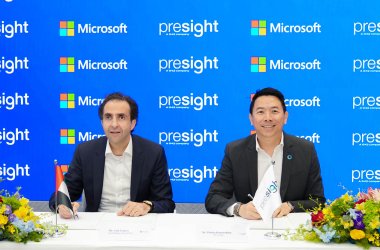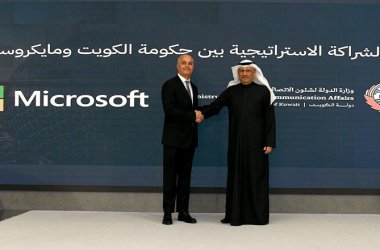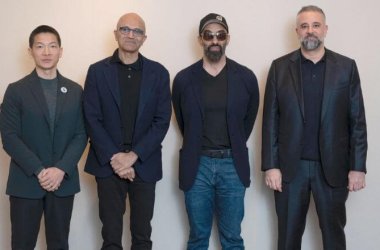 Microsoft has got together with a range of technology and media companies, such as BT and the BBC, to trial the use of unused TV spectrum for WiFi services in Cambridge.
Microsoft has got together with a range of technology and media companies, such as BT and the BBC, to trial the use of unused TV spectrum for WiFi services in Cambridge.
The other companies which make up the Cambridge TV White Spaces Consortium are BSkyB, Cambridge Consultants, Neul, Nokia, Samsung, Spectrum Bridge and TTP.
The companies are looking to use unused TV spectrum to support the increasing demand for data from the growing number of mobile devices, particularly in rural areas, such as Cambridge’s surrounding villages.
“With the number of connected devices and data applications growing rapidly, and with mobile networks feeling the strain, we must find ways of satisfying the traffic demands of today and tomorrow.
“This trial will attempt to demonstrate that unused TV spectrum is well-placed to increase the UK’s available mobile bandwidth,” the consortium said in a statement.
According to the consortium, TV white spaces networks work in a similar way to WiFi, but TV spectrum signals travel further and are better at penetrating walls than WiFi signals. This means they may require fewer access points, which would be particularly beneficial to delivering mobile broadband to rural areas that currently lack good connections.
They also offer a range and mobile bandwidth that can more easily support a variety of connected devices that can communicate with each other, such as connected vehicles and retail signs.
The TV white spaces hotspots will include local pubs and commercial and residential premises, and people from industry will be invited to experience a number of demonstrations.
The technologies that will be tested include streaming high-quality video and audio content from the BBC and BSkyB over the TV spectrum to Nokia, Samsung and other mobile devices.





